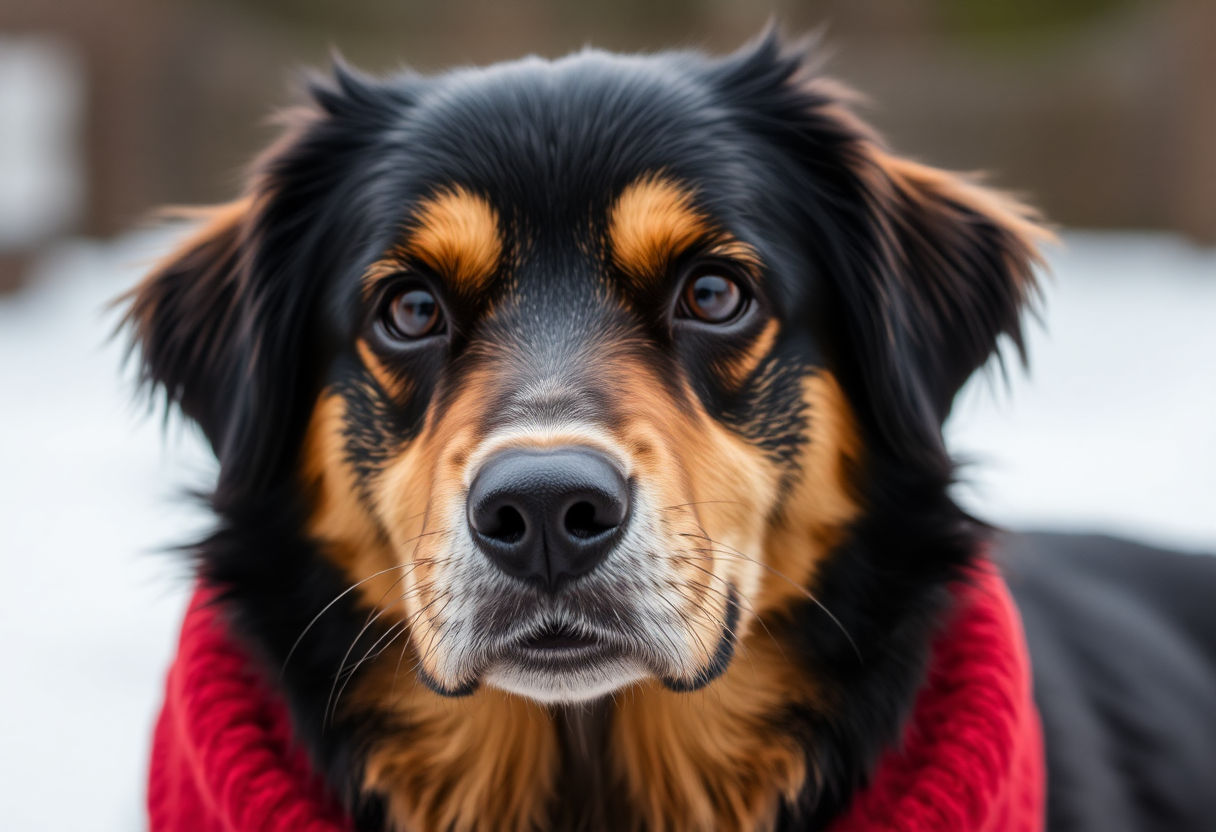Can Dogs Get Colds? Understanding Canine Respiratory Issues
As the seasons change and cold weather settles in, many pet owners start to wonder about the health of their furry friends. One common question is, “Can dogs get colds?” While we often associate the sniffles, sneezes, and general malaise of a cold with humans, the reality is a bit more complex when it comes to our four-legged companions.
Canine Respiratory System
Dogs, like humans, have a respiratory system that can be affected by various factors. Their respiratory system comprises the nose, throat, trachea, and lungs, which work in tandem to allow for breathing. However, dogs are not as prone to the common cold as humans are. They can develop respiratory infections, but these are often caused by different pathogens.
What Causes Respiratory Issues in Dogs?
Respiratory problems in dogs can stem from a variety of sources, including:
- Viruses: Canine parainfluenza, adenovirus, and distemper virus can lead to respiratory symptoms.
- Bacteria: Bacterial infections such as Bordetella bronchiseptica, which is responsible for kennel cough, can cause coughing and nasal discharge.
- Environmental Factors: Allergens, smoke, and pollutants can irritate a dog’s respiratory system.
- Fungal Infections: Certain fungal infections can also impact a dog's lungs and respiratory health.
Symptoms of Respiratory Issues in Dogs
When dogs experience respiratory issues, symptoms can vary. Some common signs include:
- Coughing
- Runny nose or nasal discharge
- Sneezing
- Difficulty breathing
- Lethargy
It's important to note that while these symptoms can resemble those of a cold, they can also indicate more serious conditions. If your dog is displaying these signs, it’s advisable to consult a veterinarian for a proper diagnosis.
Image of a Dog with Respiratory Symptoms

Preventing Respiratory Infections in Dogs
While we cannot prevent all respiratory infections in dogs, there are steps we can take to minimize the risk:
- Vaccination: Keeping your dog’s vaccinations up to date can help protect them against certain viruses.
- Good Hygiene: Regularly cleaning your dog's living environment can reduce exposure to pathogens.
- Avoiding Sick Dogs: Keeping your dog away from dogs displaying respiratory symptoms can help prevent the spread of infections.
When to See a Veterinarian
If your dog exhibits any signs of respiratory distress, it's crucial to consult with a veterinarian. Early intervention can prevent minor issues from escalating into serious health concerns. Remember, while dogs don’t get colds in the same way that humans do, they are still susceptible to a range of respiratory issues that require careful attention.
Conclusion
In summary, while dogs do not catch colds in the traditional sense, they can experience respiratory infections that exhibit similar symptoms. Understanding the differences between human colds and canine respiratory issues is essential for every pet owner. Always prioritize your dog's health by keeping an eye on their behavior and seeking veterinary advice when necessary. By taking these precautions, you can help your furry friend stay healthy and happy, regardless of the changing seasons.